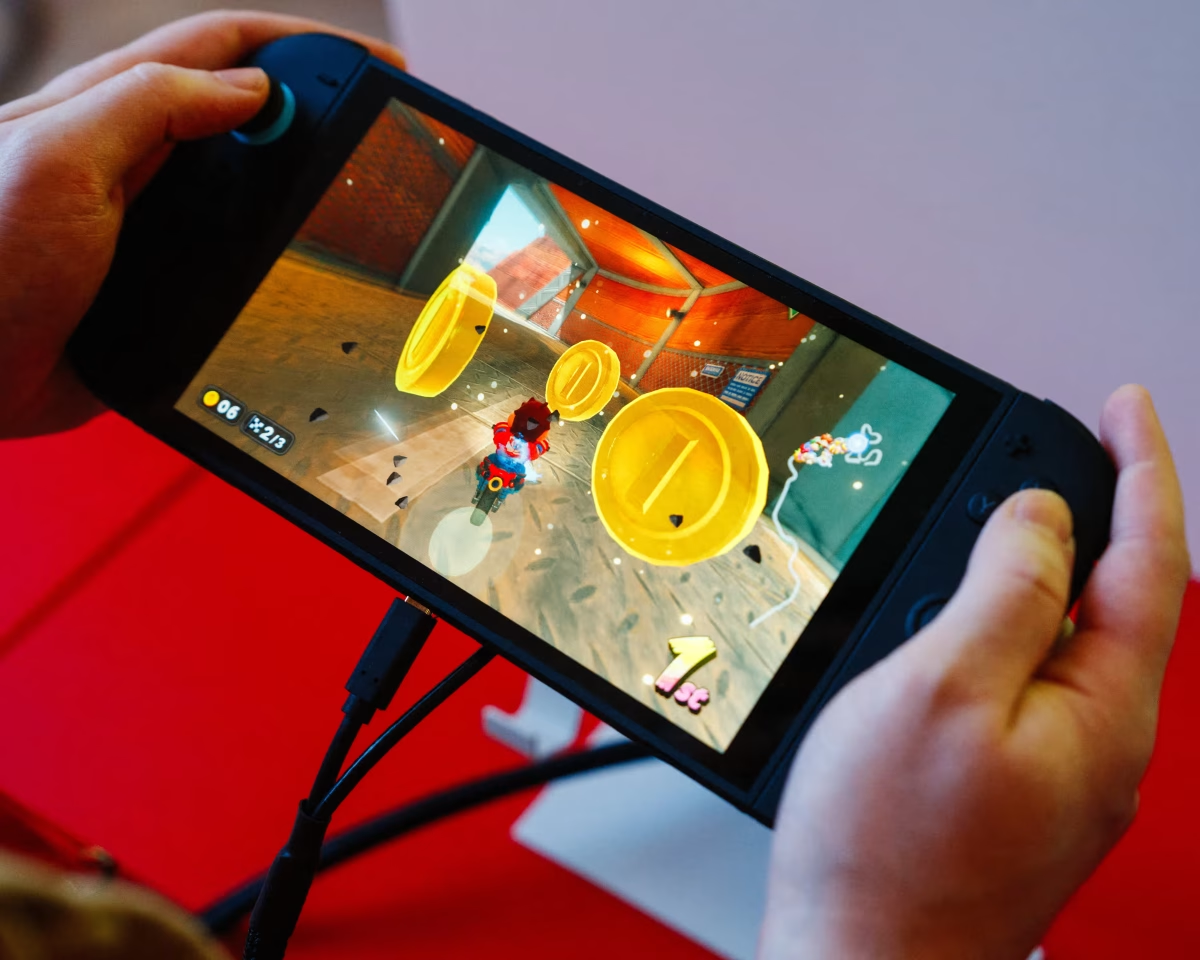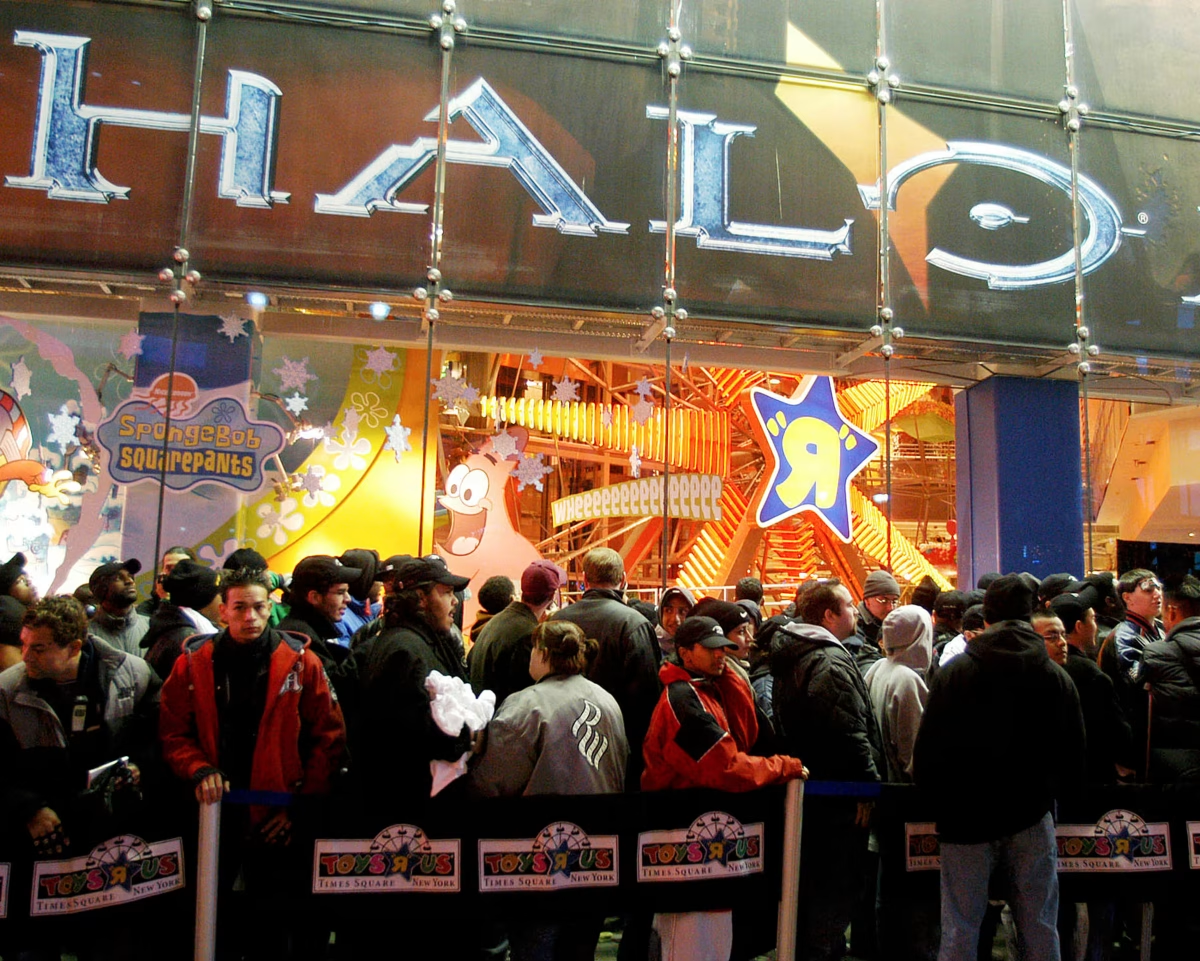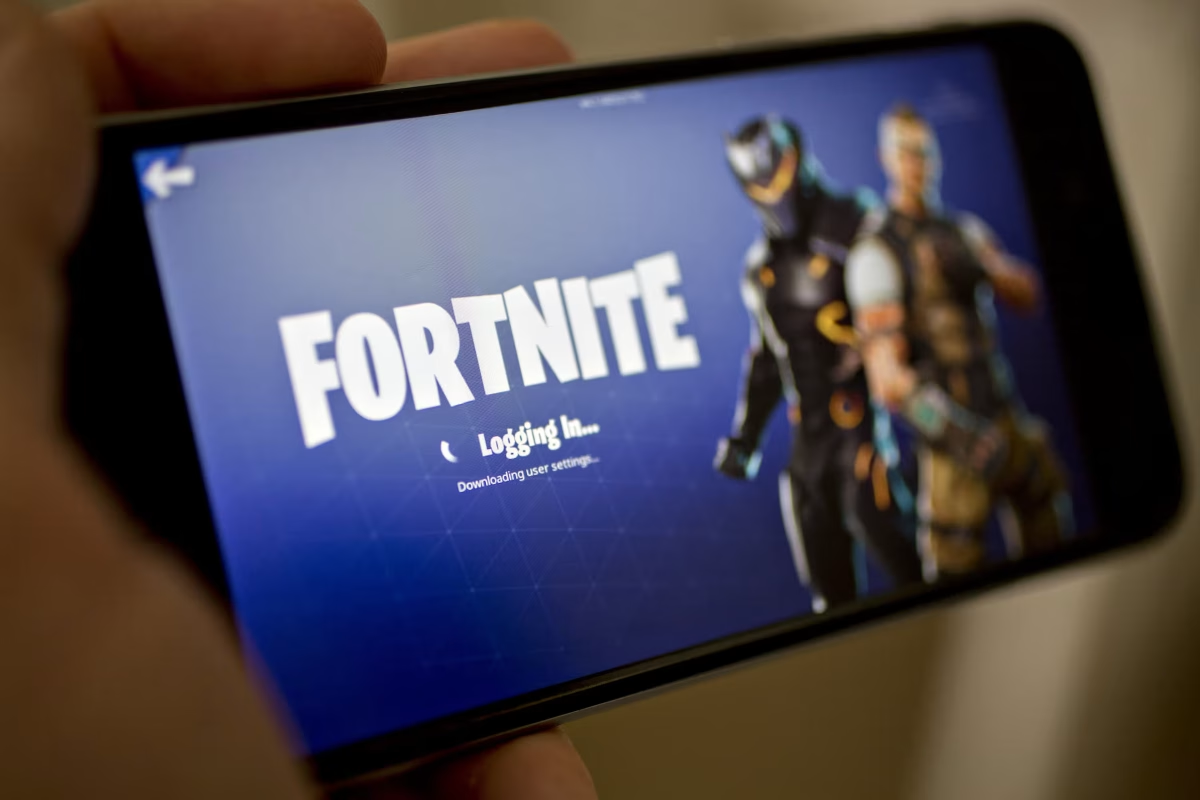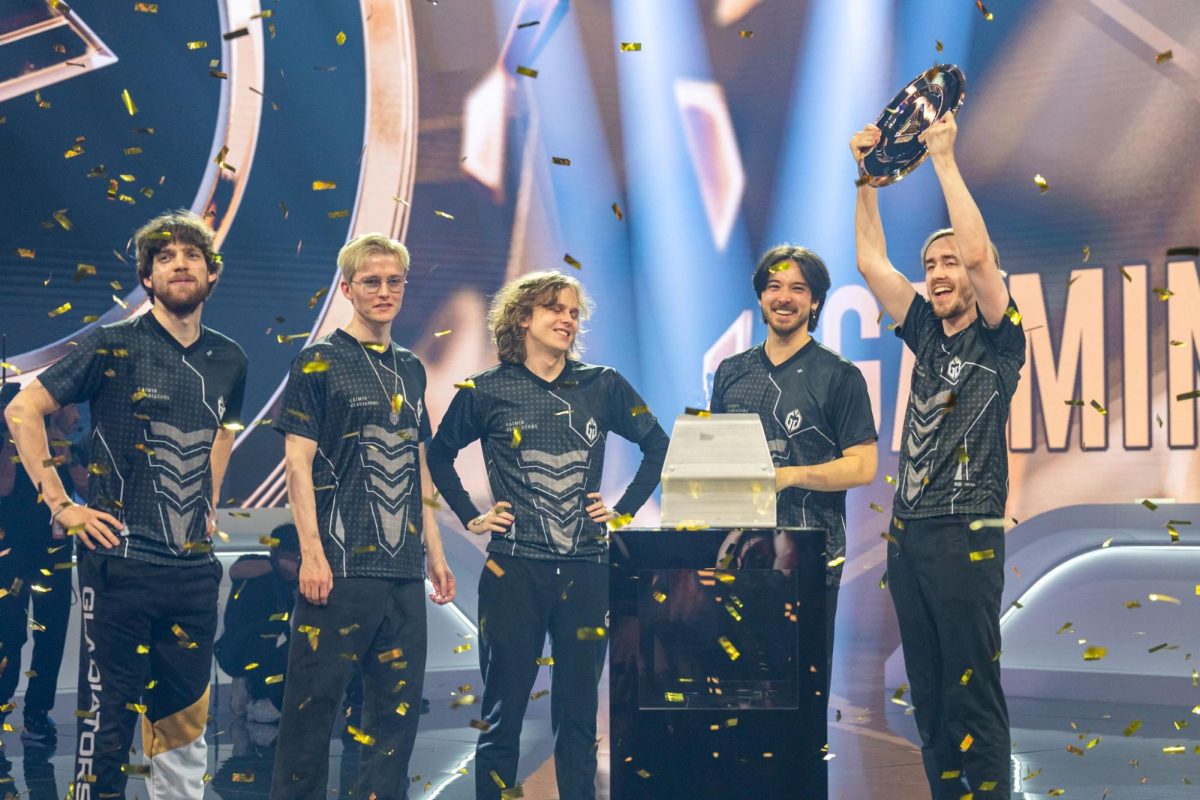“Sweetie, get off that homework and get onto your video games!” Sounds backwards, right? But hear me out. What if all those hours battling dragons or solving puzzles weren’t seen as mindless distractions, but as training your brain? Gaming can hone mental clarity, problem-solving skills, and even creativity—like a mental spa day with a joystick. Let’s set off on a quest to unearth the benefits of gaming, guided by gamers who swear that sometimes conquering virtual worlds is the best way to level up in real life.
To get an insider perspective, I spoke with Jon Deichmann, a Web/App Developer who is currently building a web-based grid game with a focus on strategy and mental agility. When it comes to proving that gaming is good for your mind, Deichmann said, “Most games I feel involve problem-solving which is inherently good; you’ll start to notice these cognitive benefits in your day to day. You’ll remember more, and sometimes you’ll even reference a problem in a game you played to solve a real-world problem.” So yes, that “aha!” moment in your favorite game could actually come in handy when you’re untangling your real-life mess.
Deichmann also credits gaming with helping him get organized: “Games that rely on organization to be successful have helped me organize my daily life. Whether it’s structuring errands around a busy day or being productive to accomplish my goals, learning to be organized from games has definitely been used in real life.” In other words, those carefully crafted inventory slots and strategic cooldowns aren’t just for show; they can translate straight into adulting skills.
Now, let’s talk stats. A 2024 study in Brain Sciences found that about 65% of college student gamers reported stronger spatial skills, particularly when navigating complex environments. Open-world titles were linked to the greatest gains, with players’ use of perspective tied to cognitive improvement. As a longtime Skyrim player, I loved discovering this. Games like Skyrim and The Legend of Zelda don’t just pull me into side quests I definitely don’t have time for—they also spark ideas for my personal writing projects. Now I can say, “I’m working on my spatial cognition too, so yes, I need a few more hours.”
But gaming isn’t just about sharpening your mind, it’s also about balance. For UC Berkeley College graduate Charlotte Stowell, RuneScape has always been the ultimate reset button. “It’s super chill. I can just fish, chop wood, or do random little tasks without stressing… after an hour of exploring, I feel like my brain’s cleared out and I’m way more relaxed.” As a bonus, she says the game’s economy doubles as a crash course in real life: “You actually learn supply and demand, and how to make money just by trading with other players.”
These days, Stowell still unwinds as “a fairy with a dragon-wolf pet named Azazel,” though the game’s real magic lies in the community of friends she’s kept since junior high: “We’ll log in, joke and share what’s going on in our lives, and even though we’ve never met, it feels personal and judgment-free.” In the end, RuneScape manages to teach real skills, relieve stress, and build friendships, all in one.
So, what’s the takeaway? Whether you’re managing a blueberry farm, getting stuck on a dragon claw door puzzle, or just fishing for a few virtual bass, gaming isn’t the waste of time it’s often made out to be. It challenges your brain, sparks creativity, teaches patience, and, yes, can even help you manage real-world responsibilities. Seriously, gaming is starting to sound like it should be a pre-req.






























